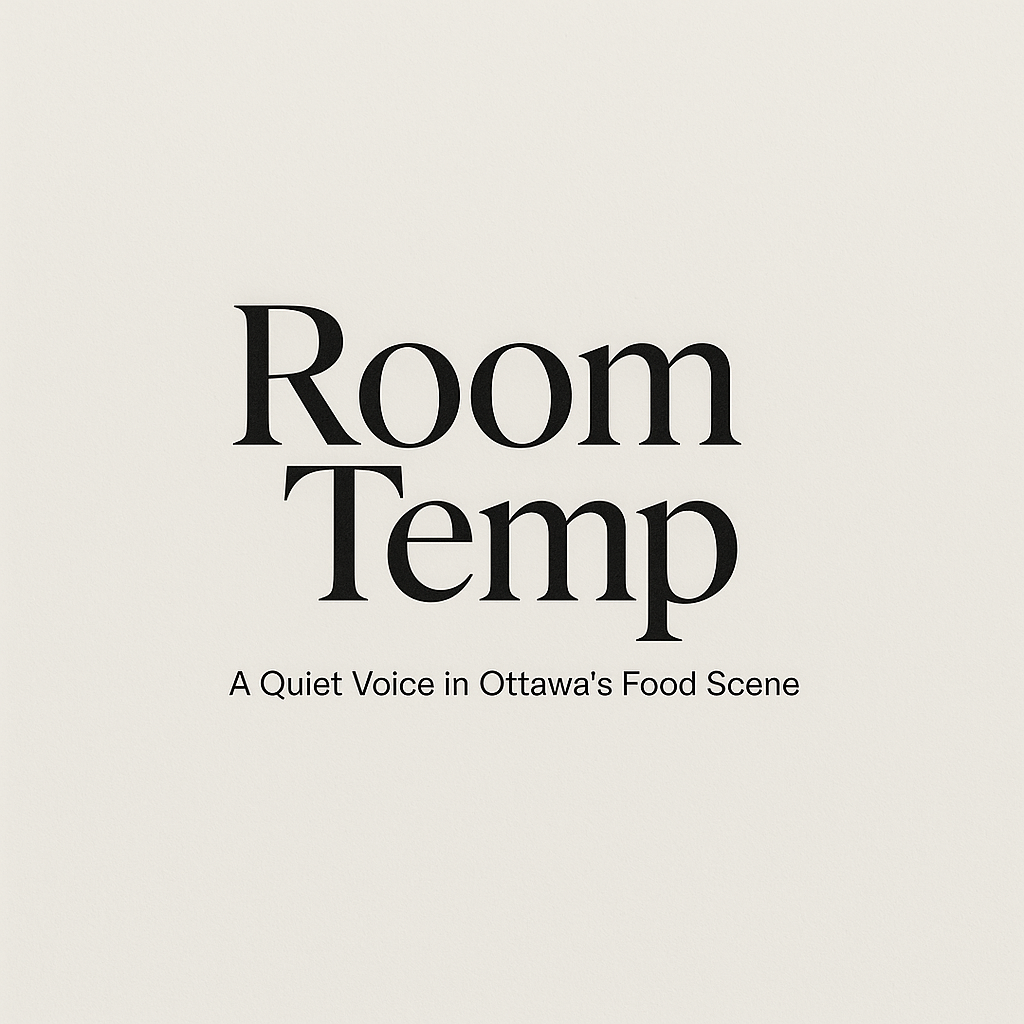The Review Section is Broken, Part Two

The loudest reviews aren’t the best ones. They’re the ones the algorithm likes — short, sharp, and usually negative. A two-paragraph essay on texture and technique sinks. A snide one-liner about “too salty” floats to the top. Platforms reward outrage, not insight.
And the people writing them? They don’t need context. They don’t need to know what al dente means, or that Sichuan pepper is supposed to numb your tongue. They just need Wi-Fi. In no other field would this fly. You wouldn’t trust a film review from someone who fell asleep in the first ten minutes. But with restaurants, everyone’s an expert — after a single plate of pasta.
Negativity carries more currency than care. One star stings louder than five can soothe. And so the system tilts: chefs lose sleep, owners panic, and diners scroll past nuance to the next piece of drama. It’s not a feedback loop. It’s a feeding frenzy.
What’s missing is context — the thing real criticism once provided. A sense of history, a sense of craft, a sense of why something mattered. Instead we get vibes, emojis, and a star count that says less about the food than about the mood of the crowd.
If you want to write about food, write. Say something real. Otherwise, maybe just eat — and let it go.
